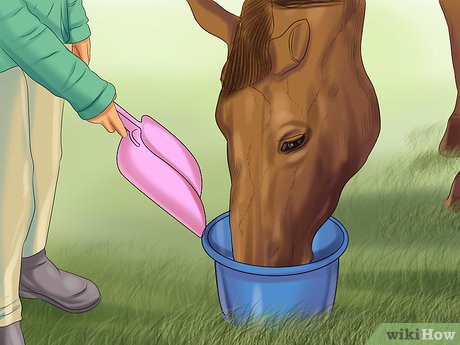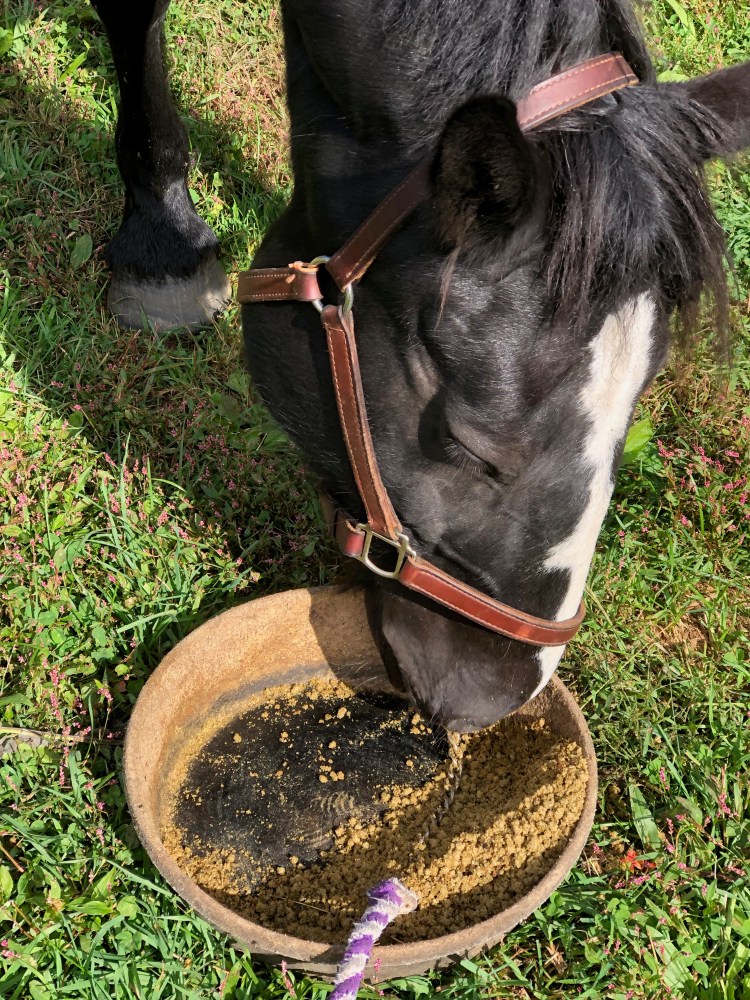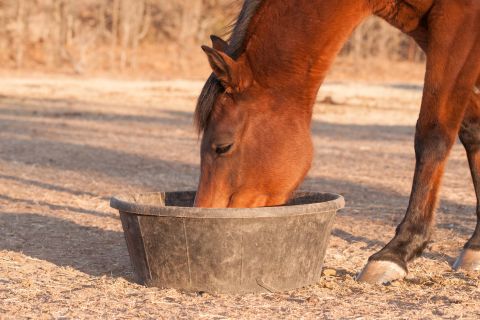Feeding Horses with Allergies and Sensitivities

Feeding horses that suffer from allergies and sensitivities requires careful consideration and a tailored approach to ensure their health and comfort. Allergies in horses can manifest as skin irritations, respiratory issues, or digestive disturbances, often triggered by certain feed ingredients or environmental factors. Understanding these sensitivities is crucial for selecting the right diet.
Common Allergens and Sensitivities in Horses

| Allergen Type | Common Sources | Symptoms in Horses |
|---|---|---|
| Grains | Corn, barley, oats | Colic, diarrhea, skin rashes |
| Legumes | Alfalfa, clover | Itching, hives, respiratory distress |
| Mold and Dust | Poorly stored hay or feed | Coughing, nasal discharge, wheezing |
| Additives and Preservatives | Artificial colors, preservatives | Digestive upset, behavioral changes |
Strategies for Feeding Horses with Allergies

- Identify the Allergen: Work with a veterinarian to diagnose specific allergies through testing or elimination diets.
- Choose Hypoallergenic Feeds: Opt for feeds formulated without common allergens, such as grain-free or low-NSC (non-structural carbohydrate) options.
- Use High-Quality Forage: Provide fresh, mold-free hay or pasture to minimize exposure to dust and mold.
- Introduce New Feeds Gradually: Slowly transition to new diets over 7-14 days to monitor reactions.
- Supplement Wisely: Consider supplements like omega-3 fatty acids, which may help reduce inflammation.
Sample Feeding Plan for Sensitive Horses
| Meal Time | Feed Type | Notes |
|---|---|---|
| Morning | Low-NSC hay + beet pulp | Avoid grains and legumes |
| Midday | Electrolyte water | Supports hydration and recovery |
| Evening | Hypoallergenic pellet | Free from common allergens |
Frequently Asked Questions (FAQ)
Q1: How can I tell if my horse has a food allergy?
A: Symptoms include itching, swelling, digestive upset, and respiratory issues. A vet can perform tests to confirm allergies.
Q2: Are there commercial feeds designed for allergic horses?
A: Yes, many manufacturers offer hypoallergenic or limited-ingredient feeds tailored for sensitive horses.
Q3: Can supplements help manage allergies?
A: Certain supplements, like omega-3 fatty acids and probiotics, may support immune health and reduce inflammation.
Q4: How important is feed storage?
A: Proper storage is critical to prevent mold and dust accumulation, which can exacerbate allergies.
Conclusion
Feeding horses with allergies and sensitivities demands a thoughtful approach that prioritizes identifying allergens, selecting appropriate feeds, and maintaining good feeding practices. With the right management, horses can thrive despite their sensitivities, leading to improved well-being and performance.
